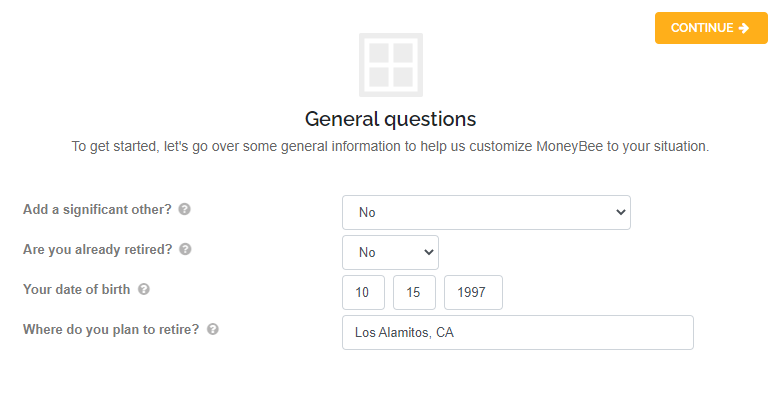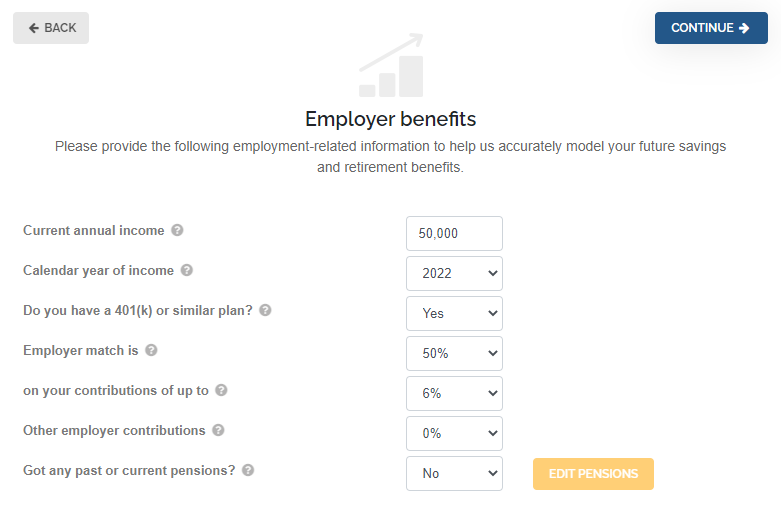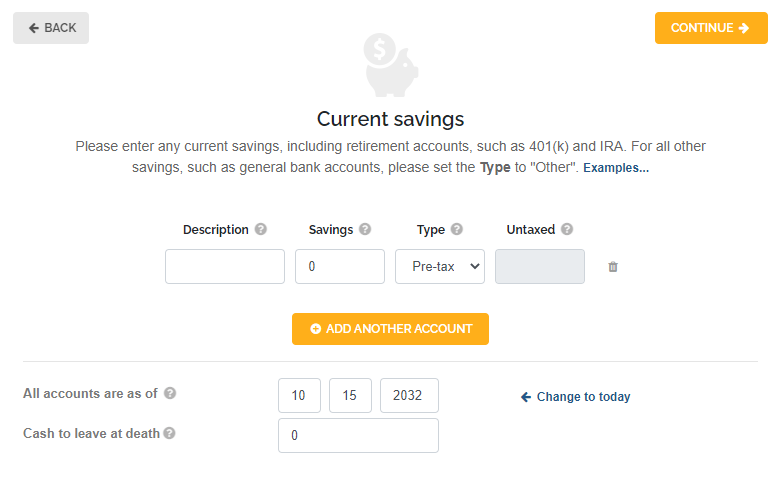Should Gen Z Be Thinking About Retirement?
When should Gen Z start saving for retirement? This post uses MoneyBee to evaluate the impact of starting at 25, 35, 45 and 55.

With so many competing priorities when you are just starting your career, can you put retirement on the back burner for now? Of course you can, but the later you start, the harder it will be to retire the way you want.
Let's take a look at a few scenarios that demonstrate how relatively painless preparing for retirement can be if you start at the beginning of your career.
Are Gen Z saving for retirement?
According to the 21st Annual Transamerica Retirement Survey of Workers, as many as 70% of Gen Z are saving for retirement through employer-sponsored plans, such as 401(k). Auto-enrollment, where employers automatically enroll their new employees in their retirement plans, is undoubtedly a key factor behind this trend. This means that some percent of your pay (usually 6%) will automatically go to your 401(k) or similar plan, allowing you to receive the highest possible employer match. You can stop participating at any time, but you will need to fill in some paperwork first and few do.
The fact that 70% of Gen Z are saving around 6% of pay towards retirement (plus some employer match, which is usually another 3% of pay) is great news! As we will see in the examples below, this should be more than sufficient to provide a very comfortable retirement.
Setting up our MoneyBee example
Using our advanced retirement calculator, MoneyBee, let's model a hypothetical individual, John, who is 25 years old and makes $50,000 per year. Let's assume he has a 401(k) plan that matches 50% of his savings up to 6% of pay.


MoneyBee assumes that your future retirement savings start on the date of your savings balance. This is usually today's date, but you can change it to any future date. This is exactly what we will do to model different start ages. For example, if we want savings to start at age 35, we will set the savings date equal to John's 35th birthday:

Standard of living in retirement depending on when savings start
MoneyBee automatically calculates all feasible combinations of (1) what percent of pay you save each year, (2) when you will retire and (3) what your monthly personal money will be in retirement after taxes and required expenses. So there are three ways we can compare different start dates for retirement savings.
First, let's assume John saves 6% of pay each year and retires at 70. Here's the monthly personal budget in retirement he can achieve, depending on when he starts saving for retirement:
| Start saving at age | Personal budget* |
| 25 | $3,200 |
| 35 | $2,900 |
| 45 | $2,500 |
| 55 | $2,200 |
* These figures are shown here in today's prices. MoneyBee will automatically increase them with inflation to keep their purchasing power.
Earliest achievable retirement age depending on when savings start
Next, let's assume John saves 6% of pay and targets a personal budget in retirement of $2,000 a month. Here's the earliest retirement age he can achieve depending on when he starts saving for retirement:
| Start saving at age | Earliest Retirement Age |
| 25 | 65 |
| 35 | 66 |
| 45 | 68 |
| 55 | 69 |
At first glance, this may not seem like much of a gain. John needs to save 30 extra years just to retire 4 years earlier. Note that in this example, we set his Social Security benefits to start at age 70 to optimize their value. This means that John will need to live 5 years entirely off his savings if he retires at 65. Also, there is a large chance that he won't be able to work past age 65. If he starts saving at 35 and is forced to retire at 65 (one year before he is ready to do so), he will be in a very difficult situation.
Required saving rate depending on when savings start
Finally, let's assume John plans to retire at 65 with a personal budget in retirement of $2,000 a month. Here's the percent of pay he will need to save each year to achieve this goal:
| Start saving at age | Saving rate (as a % of pay) |
| 25 | 6% |
| 35 | 9% |
| 45 | 16% |
| 55 | 35% |
These results best illustrate our main point. If John starts to save for retirement at 25, he will need to save only 6% of pay to achieve comfortable retirement. If he is among the 70% of Gen Z who are participating in their employer's 401(k) or similar plan and he is already contributing 6% of his pay, he's all set. Delaying until a later age will only make saving for retirement much harder. If he delays long enough, he may have to downsize his retirement objectives considerably - either by postponing retirement (if he's able to do so) and/or by accepting a lower standard of living in retirement.